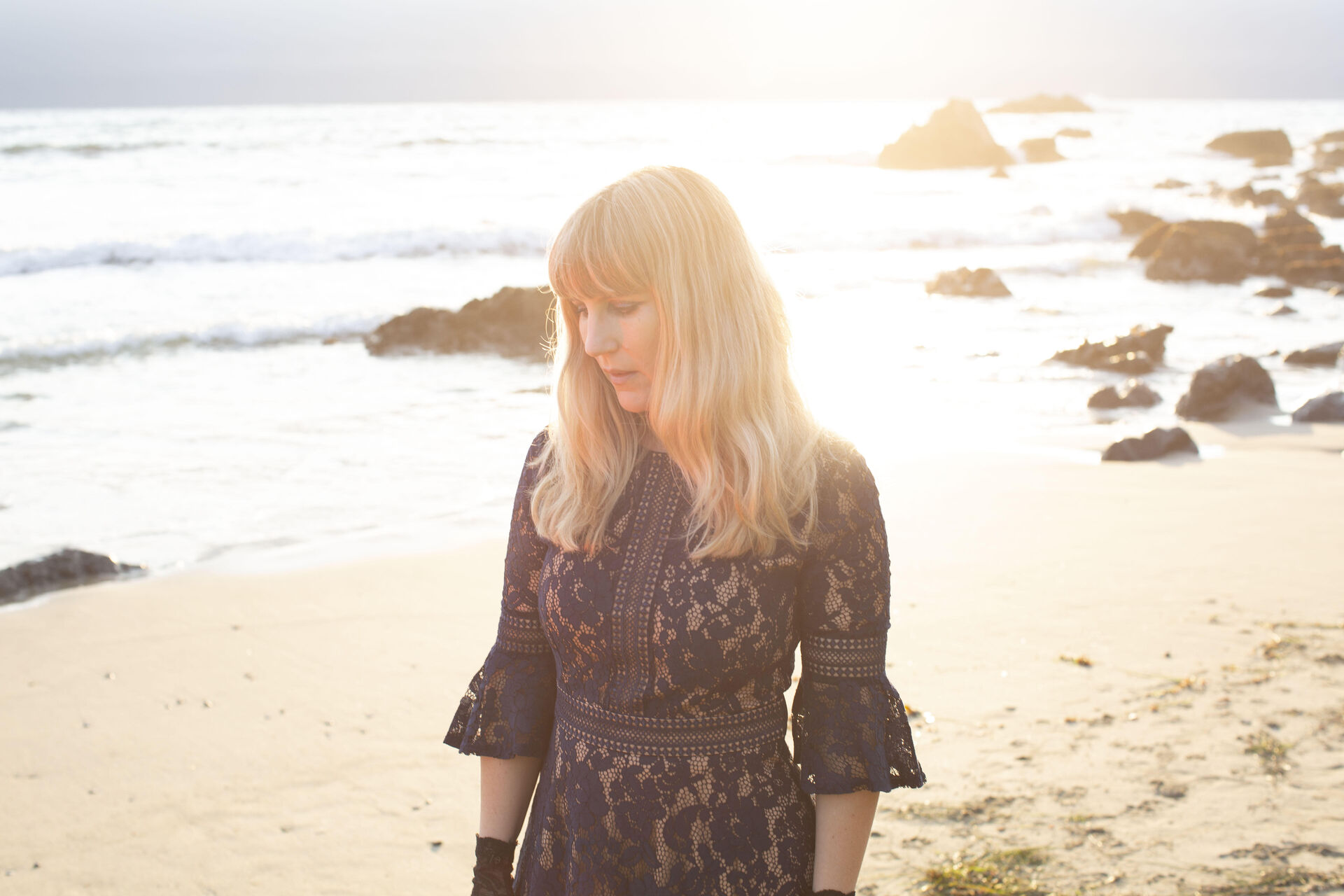
Emily Jane White (USA)
Rooted in a moment of catastrophe, Alluvion is an album about personal and collective grief resulting from the loss of human life and the continued loss of our natural world. We live in a moment of merging traumas, of converging environmental, social, and political crises. These crises are exacerbated by our lack of cultural practices for individual and also shared, public grieving--which is not without consequence. We often find ourselves mired in “disenfranchised grief,” a grieving that cannot be recognized, shared, or named. Emily’s album offers a space to consider where grieving is absent in our world, and where it is deeply necessary. Grief moves in waves and cycles, and through its flood we can build anew. Alluvion: the gradual addition to the land by the wash of water against a shore.
How can we mourn what we cannot know we’ve lost? While living through the “sixth extinction,” we may not always perceive the mass death that surrounds us, even as we sometimes remain unconscious of pervasive violence against women, or racist police violence. And yet, a sense of loss abounds, as Emily writes, “This mourning lives in everyone who has lost someone / Aurora in lightning, the living and the dying.”
Thus, in a moment defined by overlapping crises, our inability to grieve becomes a roadblock, separating us from the journey in which the COVID-19 pandemic would, indeed, be “a portal,” as Arundhati Roy wrote in March 2020. We cannot reach the hope that might be engendered through the changed consciousness that can result from effective grieving. This is where Emily’s new album sets its mark: the work itself is an act of public grieving, grieving as breathing: breathing the space in which we might be able to gather up ourselves and move toward the wake of this disaster, the spark of what is yet to come.
Produced and arranged by multi-instrumentalist Anton Patzner (Foxtails Brigade, Judgement Day), Alluvion was written and recorded during the height of the pandemic. Although Nick Ott's drums and John Courage's guitars were recorded in studios with all parties present, most of the instruments were recorded while Emily and Anton were in different locations. Despite the need for social distancing, they were able to develop a consistent workflow using remote methods, binding the recording together with the intimacy of Emily's voice, the meticulous layering of Anton's arrangements, and the outstanding mix by Alex DeGroot.
More so than on any previous release, Emily almost completely eschews folk arrangements and instrumentation. Alluvion edges the borders of shoegaze and electronic pop without losing sight of the light within the gloom, the hope inside the void. The lead single, "Show Me the War," seamlessly blends synthesizer pulses and guitars, deep acoustic toms with drum machines. The somber dirge "Heresy" soars above obscurant dust clouds created by the destruction of women's spaces and cultures, guest vocalist Darkher's operatic lamentations a light that leads the listener out of grief's darkness. Even "Poisoned," the most traditionally Americana-sounding of the tracks, mixes Emily's finger-picked melody with distorted guitar stabs and a wall of synths, her lyrics a guide through these contradictions. In “Hold Them Alive,” Emily confronts the destruction caused by unacknowledged grief directly: “So how do I walk while holding some kind of words that morph from bereaving? Withered is the arch, the moon hangs bleeding. I’ve lived, the dark energy feeding.”
